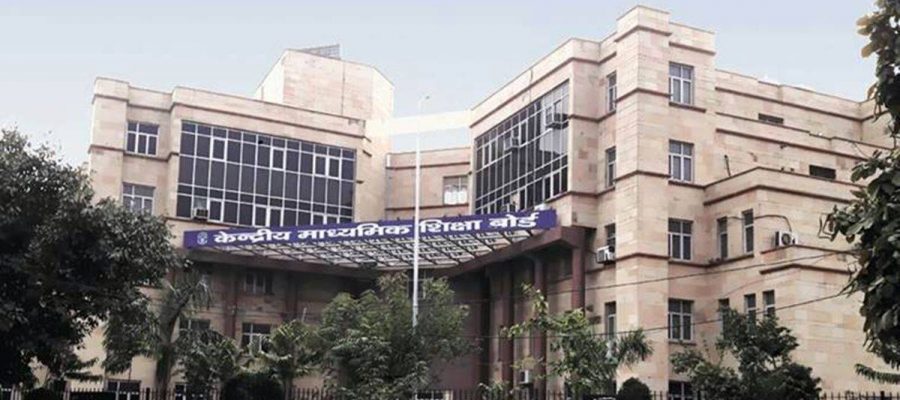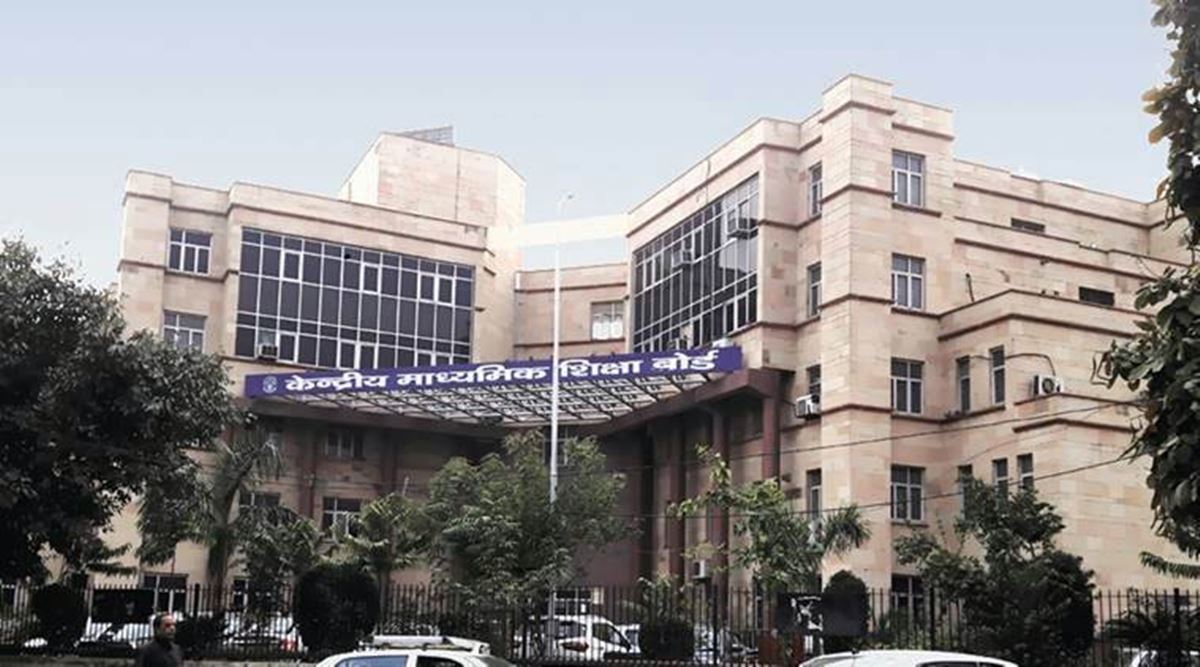CBSE Academic {BlockChain} Documents (ABCD) has been established using Blockchain Technology to record the certificates in a linked chain structure.
CBSE, in technical collaboration with the Centre of Excellence for Blockchain Technology, has come up with a solution to securely record academic documents in a tamper-proof manner. These academic documents can be accessed online in a trusted and verifiable manner.
CBSE Academic {BlockChain} Documents (ABCD) has been established to record the certificates in a linked chain structure. The result certificates are kept in a distributed manner at different locations involving multiple stakeholders, protecting them against any attempt of tampering.
Steps to check the date
All users — students, educational institutions, employers can verify academic documents by following these steps:
Step 1: Visit – cbse.certchain.nic.in or cbse.gov.in .
Step 2: Click on “Verify” menu option on top menu bar available on home page.
Step 3: Select the class from the pop-up.
Step 4: Input basic details like roll no, date of birth (in case of Class 10only), exam year, exam type and student name (partial) and press ‘Go’ to confirm.
Step 5: Once the details are validated, the marks statement (available presently) of the student is displayed.
CBSE has made available the digitally signed certificates of Class 10 and 12 for years 2019-2021 and will gradually push the certificates of previous years in the coming months. Upon issuance of new certificates by CBSE, the digitally signed certificates will be sent to the BlockChain based system creating an additional secure link. This network is established with nodes at Bangalore, Pune and Jaipur. Presently, the Certificate Chain is managed by NIC at its data centres.
With this, the verification of correctness and genuineness of the certificate with the concerned universities or boards can be easily done, claims CBSE. Blockchain Technology records the data in a distributed ledger with ownership of all participating stakeholders. The data is recorded in the chain based on the consensus among the stakeholders and simultaneously replicated at all the locations in the distributed network of BlockChain nodes. This eliminates the dependency on a third party for verification.
CBSE had earlier developed its own digital academic repository called ‘Parinam Manjusha’ in 2016. This repository has been integrated with NEGD’s (National e-Governance Division) Digital Locker platform.
At present result data of Class 10 and 12 examinees of 18 years i.e. 2004 to 2021 is available online for downloading of digital academic documents by students and verification by employers and higher education institutions. Approximately 12 crore digital real-time generated, digitally signed and PKI based.
The Academic BlockChain Document can be used by various educational institutes for verification at the time of admission for higher studies and companies for job offers. It can also be used for online counselling by the institutes, by integrating their systems with plug-in interfaces.
Source: Read Full Article


